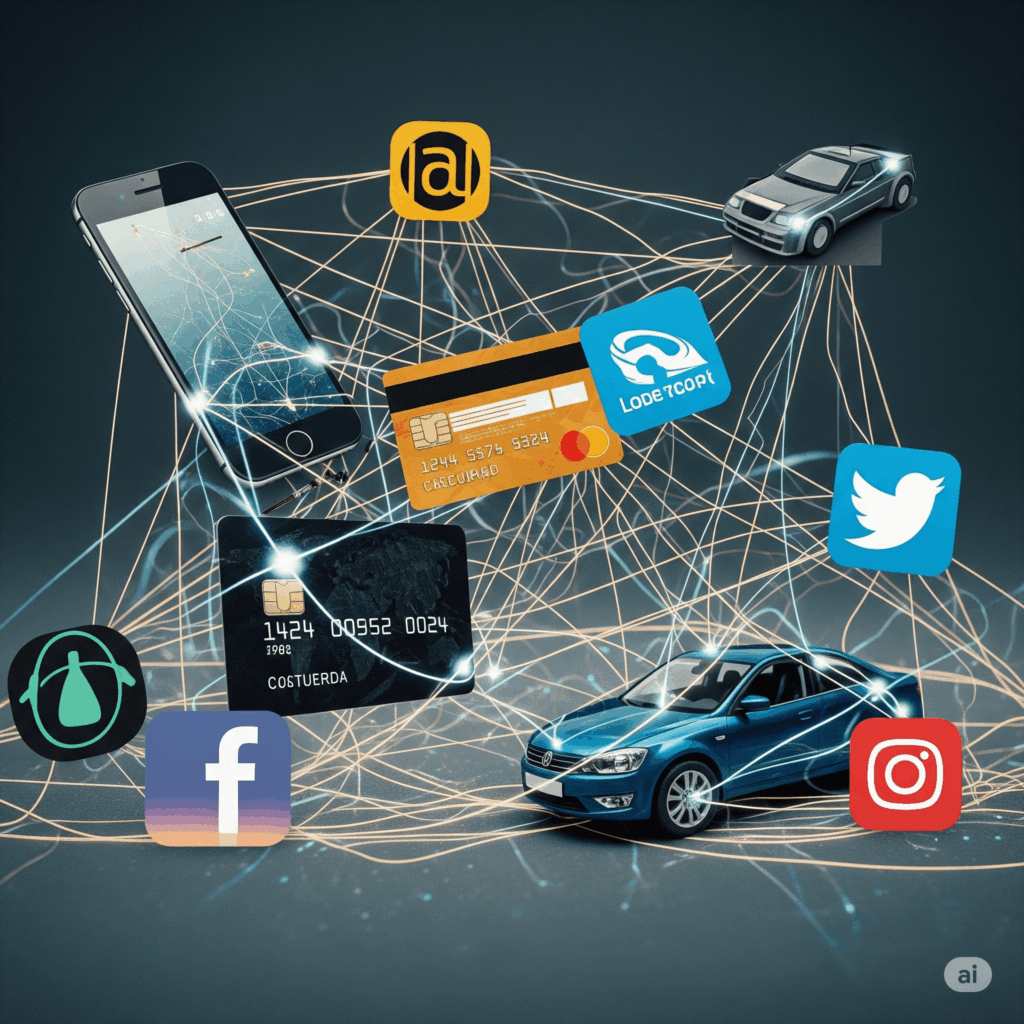The impact of AI on surveillance and our freedoms is now profound, with the ability to process vast amounts of data enhanced manifold due to the immense processing power available to systems and the rapid development of AI. Speaking at the SuperAI Summit last week, Edward Snowden, the former National Security Agency (NSA) intelligence contractor and whistleblower, highlighted that models are now so powerful that “in one hour of processing, you can interpret 30 hours of video.”
In the past, information had to be collected in-house from “across telecommunications, ISPs, data centers, etc.” Voices had to be segregated and some of the data analyzed. “But on a mass scale, it wasn’t really there,” he said.
“It was a whole lot of processing for a very small amount of data. Now, it’s reversed. And now you can use the recent model, right?”
Digital Ingestion and Interpretation have become much faster, and more Comprehensive
“The ratio of computation to ingestion,” Snowden explained, “has changed. At the rate this is going, it’s going to be cheap enough to put on a chip. Then it’s everywhere… it’s in every convenience store. It can work. But when it is in every waiting room at the hospital, when it’s the entryway to a shopping mall, when it’s in the mall, the checkout line, when you’re buying a ticket to the movie theater—everything like this.”
While every conversation can now be recorded and transcribed, systems don’t really know who you are—yet. “Then these things can begin to integrate. We have the speaker’s location. We’ve got this many faces in the scene. We have this many voices in the scene. This is the speaker, this is the face, and this voice is going to be associated with this face…” Voices can now be correlated with faces using feeds from multiple cameras.
Cameras, such as those from Hikvision, the Chinese surveillance leader, he noted, are available off the shelf. “They can do attribute detection—that there are different outfits in the scene—and will move camera A to a different view, align it with camera B, and then try to cross-associate movements to track people across feeds.”
Snowden emphasized that while no one may be actively watching or listening to the footage, cameras are built to detect certain things—like someone crossing a designated line, a license plate appearing, or a “face of interest.” In the case of voice logs, systems can flag specific phrases. “It is possible to know everything a person has said and to retrieve information across multiple recordings.”
“Once this is commoditized, the definition of public utterance—things you have said that were not in a protected space or private space—begins to expand, to the point where you whisper to your wife in an elevator when you’re alone, with no other passenger, because the security camera can see you.”
He added that people don’t usually think about the ceiling-mounted cameras or realize they now include microphones: “It’s so cheap. That’s the audio side of ingestion.”
On the video side, the capabilities are catching up. “Video datasets that are annotated for actions, and the interpretability by machines of actions in a video, are improving.”
Everything that is connected can be tracked
Snowden pointed out that phones have dual cameras, and while you’re clicking a photo, one may be looking back at you. “Those things are going to be unforgettable.” He explained that data emissions from devices are packetized and transmitted across routers globally—not just from phones, but also laptops, cars, refrigerators, and every digital service we use, including Amazon and Gmail. “All this data has been carefully stockpiled and can be organized, for decades, for those seeking training data.”
This data, he warned, can be used for surveillance and behavior manipulation—“to nudge, to flag, to warn, eventually to enforce deviation from behaviors desired by the individual, towards those desired by the system.”
He emphasized that the technological infrastructure underpinning our lives is not neutral. These systems are designed with values, incentives, and priorities that often conflict with the public interest.
If our online interactions, data trails, and behavioral cues feed back into systems that constrain our options, what remains of agency? “How can you guarantee free choice when we’re trapped in this little system of menus, of false choices provided by Facebook, Twitter, TikTok—trying to keep you scrolling like a casino removes the clock from the wall?”
On opting out—and the cost of privacy
In response to a question about his own digital practices, Snowden said his habits are driven by necessity, not convenience: “I don’t use any electronic payments ever, for anything, because they can’t do my identity verification… I can’t use anything registered or named… It’s not a lifestyle that you want to live.” Underscoring the extreme lengths required to maintain anonymity in a surveillance-heavy world.
He contrasted this with typical user behavior: “Most people do one thing for everything. You have one email box that logs into everything—Instagram, Facebook, whatever.”
